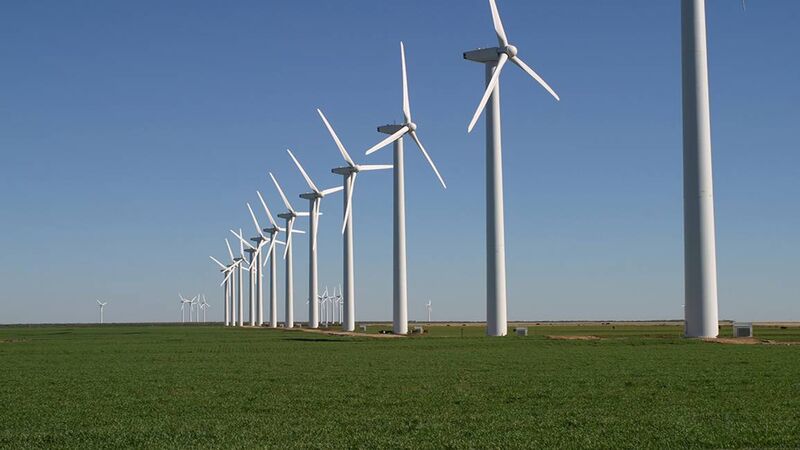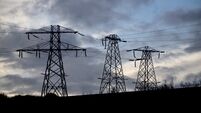Barry Cowen: Government has done nothing about wider energy issues

On paper, it appears we are making progress as renewable power generation now makes up about 40% of energy generated. That is mostly made up of inland wind supplies. What the Government failed to do was to have sufficient battery storage projects alongside such progress.
While Michael O'Leary's Ryanair outburst regarding Dublin Airport and drones is the usual over-the-top stuff, he is not wrong that Government needs to speed up its decision-making processes. Nowhere is this more obvious than in energy issues.
ESB continues showing a remarkable deafness to the needs of the consumer. By taking a Stalinist view that it will not be moved on prices despite 100-year-old pensioners getting €1,000 bills they cannot pay, ESB has shown it and its leadership is no longer fit for purpose.
















